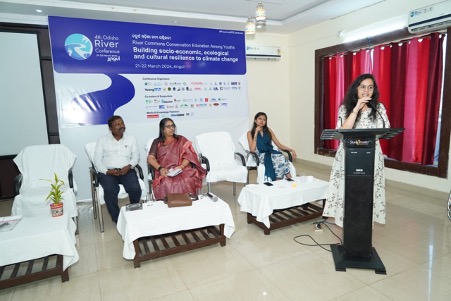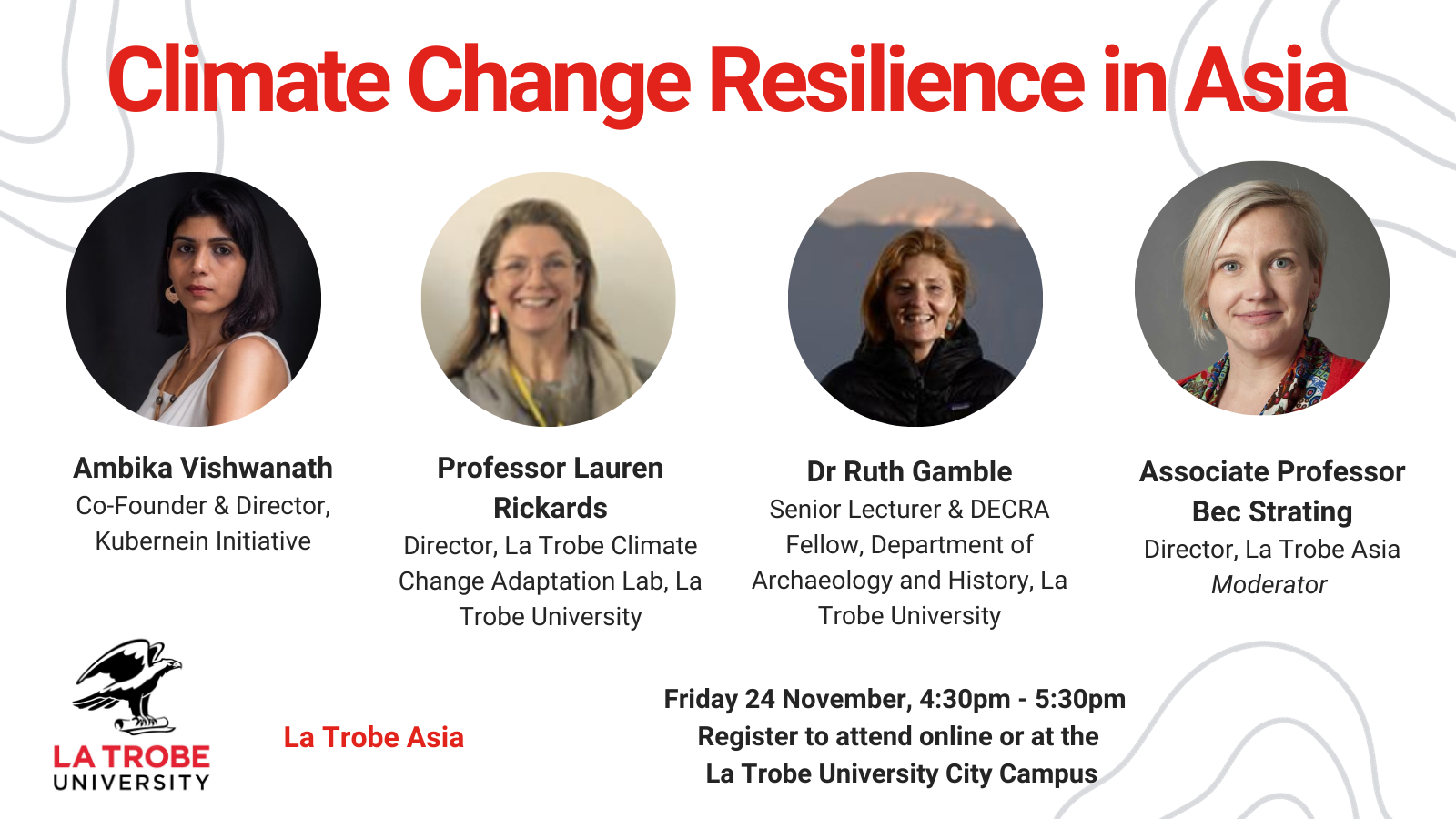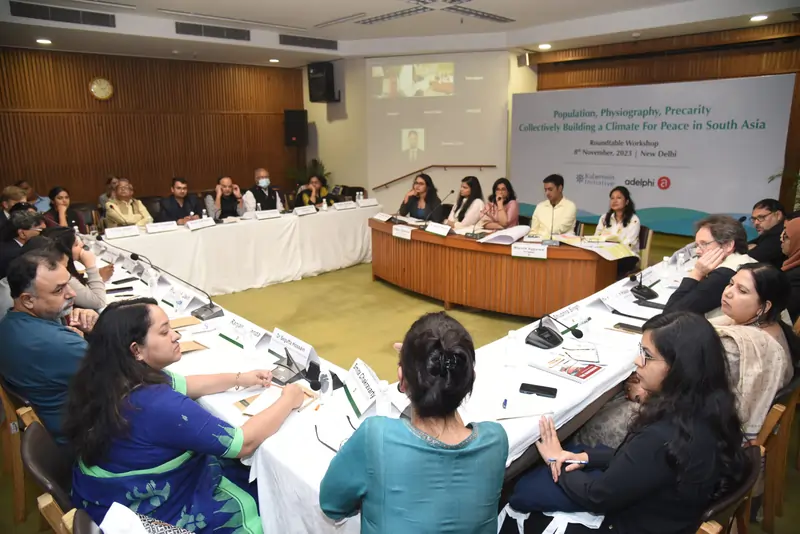4th Odisha River Conference- Angul, Odisha
The theme for the 4th Odisha River Conference was: River Commons Conservation Education Among Youths – Building Socio-economic, Ecological and Cultural Resilience to Climate Change.
Kubernein Initiative actively participated, endorsed, and supported the Odisha River Conference. KI shared valuable insights gleaned from the ongoing Water and Climate Security programme on best water practices, emphasizing a bioregional approach to water management.
In the session on ‘Urban Rivers, Rural Rivers and their Connections with Societies and Related Ecosystems’, Namrata Kabra, Programme Associate, Water & Climate Security, Kubernein Initiative, began with reassuring from the audience that “Rivers are rivers, there are no urban rivers or rural rivers.” However, the administration, governance, and usage of rivers in urban areas have made the distinction seemingly clear. One can easily identify when a river has passed through urban areas by looking at the rising foam due to inlet of untreated waste, industrial pollutants and huge concretised infrastructures on the river’s floodplains and bed ultimately throttling the river’s natural course. As mentioned in earlier sessions, there has been a mindless adoption of copy paste models of riverfront development across 100+ cities with disregard to local ecology and river’s hydrology. Poor governance and mismanagement of water resources, particularly in urban areas, has resulted in 30 Indian cities out of 100 global cities facing a looming threat of water insecurity in the current decade, along with other detrimental consequences.
In this context, the climate crisis serves as a gentle reminder urging us to reassess our governance model, aligning it with the diverse biogeographic differentiations and geologies. The impacts of climate change vary based on exposure, location, and the adaptive capacities of systems. There is an urgent scientific, socio-economic, cultural, and ecological imperative to comprehend the evolving nature of hydrological systems across distinct bioregions, which delineate natural boundaries. By adopting a bioregional perspective on climate impacts, particularly concerning hydrological systems, identifying suitable and context-specific adaptation methods becomes more feasible, thereby averting maladaptation. Our research and analysis demonstrate the vital role of reviving local traditional water harvesting systems and governance, which exhibit enduring effectiveness and are rooted in bioregional understanding.
The Rights of Rivers approach emerges as a governance system that respects the natural boundaries defined by rivers, allowing them to flow freely and fulfil their ecological functions. This approach recognizes rivers as living entities deserving protection, with punishment for violations of their rights. While India’s evolving legal jurisprudence is considering granting rights to rivers and nature through various court cases, local communities’ rights to protect nature and its ecosystems are already enshrined in practices like sacred groves. By upholding the rights of these communities, which safeguard ecosystems and revive traditional practices, rivers can be revitalized, crucial for a water- and climate-resilient future.
KI was pleased to support the participation of grassroots practitioner Basudev Singh from Bundelkhund Seva Sansthan. Singh’s significant role in rejuvenating the Odi river and Bandai river in one of India’s most water-scarce regions, Bundelkhund, was emphasized, highlighting the crucial contribution of local initiatives to water conservation efforts.
Press Coverage:
Odisha River Conference At Angul Concludes With Strong Resolutions
River Conservation Vital for Building Climate Resilience
‘View rivers as living beings deserving respect, care’
Greens working for water conservation felicitated in Odisha
ନଦୀ ପାଇଁ ଚିନ୍ତା, ୪ର୍ଥ ଓଡ଼ିଶା ନଦୀ ସମ୍ମିଳନୀ ଅନୁଷ୍ଠିତ – ANGUL RIVER CONFERENCE





